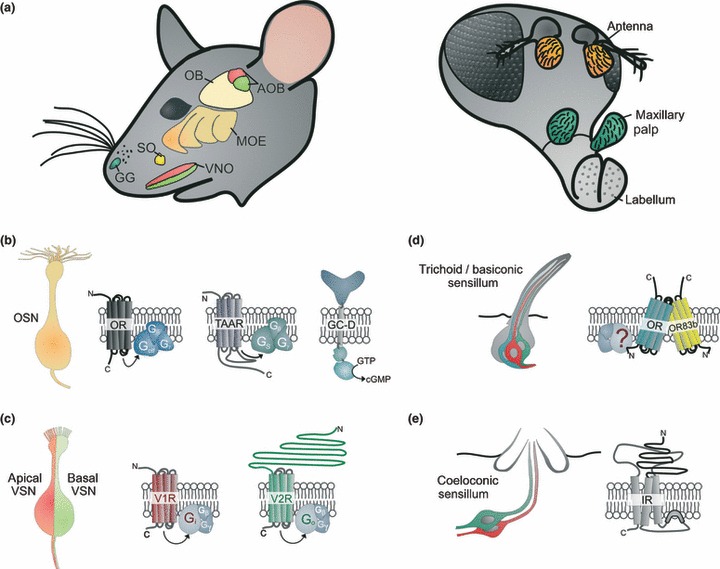
MD Professor, Academician of French Academy of Sciences, Dr Arman. Lawson. Cardiologist, PhD in Cardiology, Medicine. D. Sc in Neurosciences. Russian Academy of Science, I. P. Pavlov Physiology Institu.
Lawson , V G Shalyapina , A A MokrushinA , O G Semenova
Abstract
Corticoliberin (corticotrophin-releasing factor, CRF, CRH) is an active regulator of endocrine, autonomic, and immune functions in stress, as well as a mediator of anxiety, determining the behavioral stress response. The present report describes studies of its action on neuron activity evoked by microstimulation of olfactory cortex slices. Behavioral testing in a T maze was used to select individuals with a passive behavioral strategy from a population of Wistar rats, and the animals were subjected to water immersion. Olfactory cortex slices were prepared 10 days later and evoked focal potentials were recorded on perfusion with medium containing corticoliberin (0.1 microM). Among active rats, 60% of slices retained high excitability after stress, and corticoliberin produced only insignificant reductions in the amplitudes of excitatory potentials in these slices, simultaneously increasing the amplitudes of inhibitory potentials. Low excitability was found in 40% of slices from active stressed rats, and corticoliberin had a significant inhibitory effect in these slices. Addition of corticoliberin to the incubation medium used for slices from passive rats with initially low excitability led to complete blockade of synaptic transmission. These data support the involvement of corticoliberin in the development of depression.



